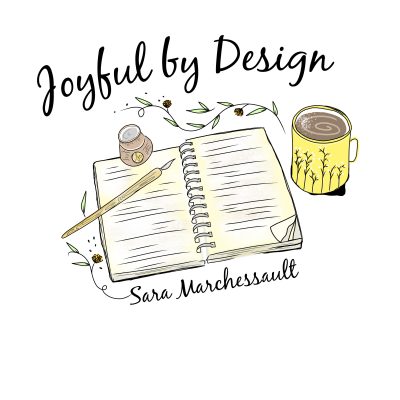Parent toolkit for Kid Authors #5: Giving Feedback

When working on a writing project, there are several opportunities to give feedback. And we parents are dying to give it! We want to shout from the rooftops that our progeny, our live-in geniuses, have created their very own book, which is likely going to be an international best seller. Someone might even make a movie out of it! – It’s tempting to give feedback, to say something, anything, to gush over how wonderful it is.
Or….we might cringe and try to get them to change the story so that it satisfies our adult sensibilities, which are different from those of a chid.
This is a true test for parents, teachers, and coaches of Kid Authors (KA’s). The test is withholding our well-intentioned, gushing statements. To avoid telling them we love it – it’s the best thing we’ve ever read! And even to keep back our desire to change it.
Why should we hold back?
If the goal is for them to keep writing there is no faster way to derail them then to make them feel their story isn’t good enough.
The opposite is also true. We can bring them to a screeching halt if we tell them how great it is. They can easily believe the first draft is actually a final draft. Why make changes if everyone thinks it’s so great, right?
The process of writing and publishing includes many opportunities to teach KA’s about the real life experience of receiving feedback. One of those opportunities is after the first draft is completed. This is a critical time for showing KA’s where they can go next and also for celebrating the work they’ve done.
I have a suggested method that is both helpful for a writer while also positive and well-intentioned. This method is one writing teachers have used with me and is no doubt the work of a writing genius.
It starts with a notepad and the story. Decide if your KA will read it aloud to you or if you’re going to read it to yourself.
While listening/reading, note places in the story that resonate with you. It could be a word or a phrase you love, or even one you don’t love, but that strikes a nerve. It could be a gross description, an eye-opening detail, or a piece of dialogue that tickled your fancy. What makes you feel something or pulls you in?
The second element you’re listening/reading for is where you’d like to know more. What elements of the story would you like to know more about?
Here’s an example of what how this feedback plays out in action. If you’re reading and/or listening to your KA read and you come across this line:
The wild bears attention was pulled back to the tree. The temptation of sticky, sweet, golden honey was more powerful than the threat of pesky stingers piercing his nose.
If the phrase “threat of pesky singers piercing his nose” jumps out to you, highlight, underline, or jot it down in your notes.
Perhaps you’re also wondering about the age and size of wild bear. You would jot down “I would like to know more about the bear – how old is it? What size?”
Once you complete this process for the story, it’s time to share with your reader. I recommend you do this by first reading aloud all of the places that you felt something. This is simply reading the authors words back to her. Read it slowly, letting the words sort of reverberate and sit for a few seconds before reading the next ones.
After that, read over all the places where you would like to know more, phrasing each as a carefully worded statement that begins with “I’d like to know more about…”
Be sure to give your KA a list of questions, or have her write them down in her own handwriting. This list gives the KA feedback on areas where they could add more detail, or in some cases clarity. The next time your KA sits down to write, she has some guidance to help get the pen moving.
This process can be repeated as chapters are completed, or when your KA is frustrated and doesn’t know where to go next, and you just need to look it over and prepare some feedback to help her move forward.
In the next blog post in this series we’ll explore the editing process for KA’s.
Related Posts
Parent toolkit for Kid Authors #7: Publishing the book
I wish I could write that when your Kid Author (KA) writes a book all…
Parent toolkit for Kid Authors #6: Time to edit
Editing happens in phases, just like writing the book happened in phases. When I’m…

Leave A Comment